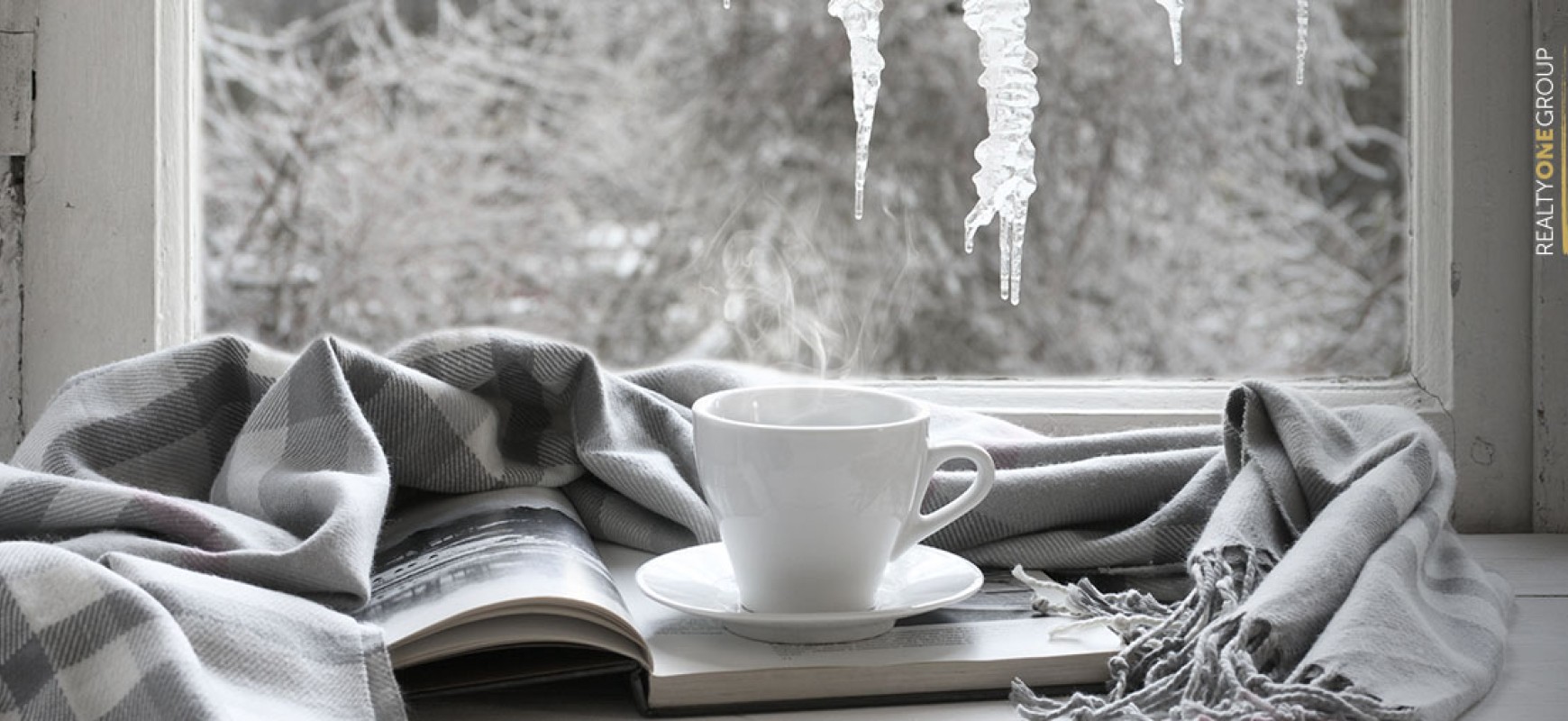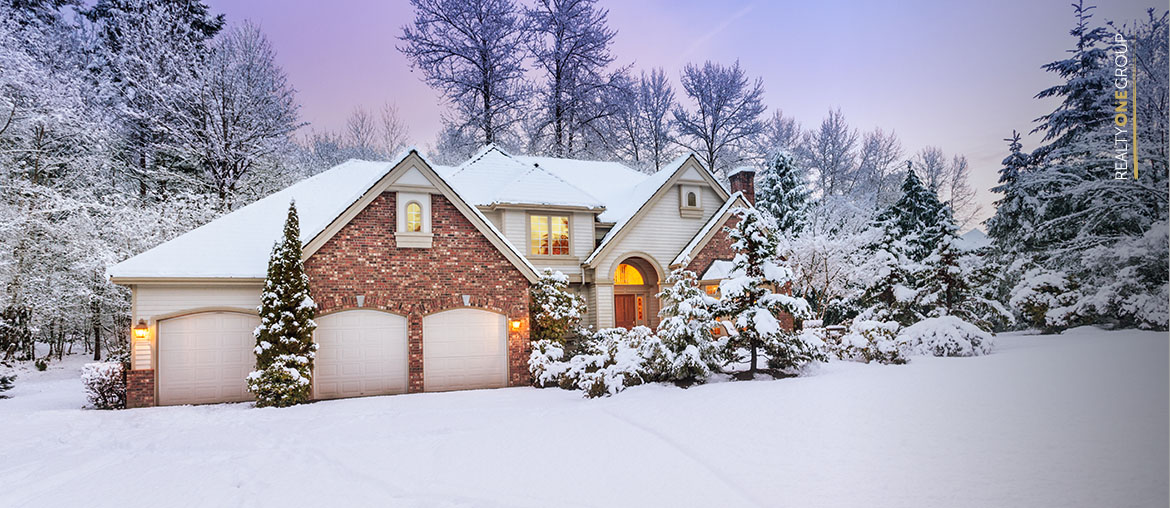
When the first snowflakes begin to fall and the temperature plummets, it may be the case that all you want to do is curl up in front of the fireplace with a steaming mug of hot chocolate. However, preparing your home for winter involves much more than digging out the hat and gloves. Here are some tips to help you make the most of the winter months ahead.
Change out your bedding and wardrobe
Now is the time to launder and store your warm weather bedding and swap it out for the down comforter or wool blankets. You also need to exchange your summer wardrobe for your cold-weather sweaters and slacks. Be sure to label everything for easy identification come spring.
Tidy up those leaves
Don’t allow leaves to rot on your grass all winter. Rake up the leaves and bag them or mulch them using the attachment on your mower. Large leaves can develop snow mold and will also compress the blades of grass, preventing good growth in the spring.
You also must remove the leaves from other areas of your property. Clean your gutters by either hiring someone or clambering up there yourself. Use a hose to spray water down the downspouts to help clear out any excess debris. To help prevent leaf buildup in the future, you can install leaf guards to direct debris and water away from home.
Repair the roof and foundation
Check and replace any worn roof shingles or tiles to help prevent water from entering the home. Make sure any leaves or pine needles can be removed as these can hold moisture and cause rot. At this time, you should also rake all debris from the foundation and make sure all potential entry points are sealed to prevent mice and other small animals from entering your home.
Stash, clean, and repair your outdoor gear
Scrub down all of your patio furniture and cover it or store it away. And don’t forget your grill!
Now is also the time to stock up on winter essentials before the bad weather hits and they’re flying off the shelves. Make sure you have a good snow shovel, plenty of salt, and a snow blower or snowplow if necessary. Be sure they are in good working order, too, by sharpening and replacing any damaged machinery.
The same goes for the summer equipment that you are stashing. Make sure you drain the gas in your lawn mower to avoid rust and clean all gardening tools to prevent the spread of disease.
 Fix up any gaps
Fix up any gaps
To help keep drafts at a minimum this winter, install storm doors and windows, and replace any worn weather stripping around the doors. You can also use caulk to seal any gaps. Seal gaps around any pipes or ducts that travel through an exterior wall.
Depending on how cold your winters get, it might also be a good idea to add extra insulation in your attic to prevent warm air from creeping to the roof and causing ice dams. These can cause significant problems later on.
Tend the heat
Now is the time to make sure anything in your house that provides warmth, including your furnace, vents, filters, and fireplaces, is in good working order. Have your chimney inspected and cleaned, and call a professional to check your heating systems and do any routine maintenance.
If your ceiling fan has a reverse switch, you might also want to consider turning the fan’s blades to rotate in a clockwise direction. It might seem counterintuitive to turn on your fans once the colder weather has arrived, but this can push down the hot air that has risen to the ceiling.
Winterize your yard
Your yard is one of the most crucial items to winterize because a winter storm can have potentially devastating effects on your property. Trim any branches that lie too close to the house and consider pruning back any trees near the home Seal your driveways and wooden decks, and remove any dead vegetation.
At this time, you should also move any potted plants indoors. Plan for spring by planting spring flower bulbs and storing any seeds.
Finally, make sure you know your grass type and fertilize, mow, and aerate it accordingly. Fall fertilizing is essential for some types of grass, so you should take advantage of this period now.
Prep the plumbing
Detach and drain the water from any outdoor water faucets, hoses, or fixtures. Roll up the hose and make sure you stash it somewhere indoors. Inside, make sure you identify any pipes that are prone to freezing and use heat tape to keep them warm.
Feeling overwhelmed? Don’t be! Tackle your winter prepping to-do list intelligently. By making a thorough inventory and assigning specific tasks to different members of the household, you can knock this entire list out in a weekend. By preparing your home for winter, you will save money in heating costs and maintenance expenditures; you will also protect your sanity this season.
Commentary By: Sam Lambert - an outdoor living expert. Sam loves cultivating his own fruit and vegetables in his backyard. You might have seen Sam riding past you on a local dirt biking trail or climbing a nearby rock wall.



